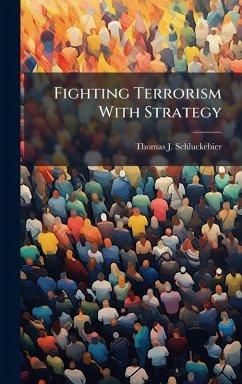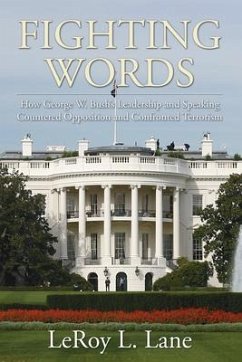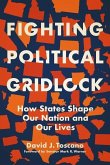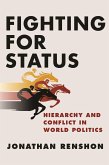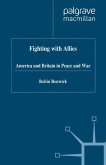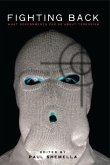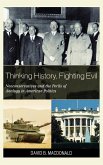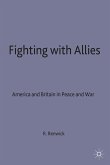The end of the Cold War was an opportunity for the United States to select and adhere to a new grand strategy, but a new approach was never chosen because America did not face a threat of sufficient magnitude to make a choice necessary. In the wake of the 11 September 2001 terrorist attacks, some have argued that the age of strategic ambiguity known as the post-Cold War period is over, and the threat of international terrorism requires America to make a grand strategic choice. This paper examines those choices by presenting four post-Cold War strategy options--neo-isolationism, selective engagement, cooperative security and primacy--and examining them through a counterterrorism lens. Specifically, it employs a set of critical strategic questions about the war on terrorism and cites post-9-11 ideas from the proponents of each strategy to answer those questions. Based on those answers, each grand strategy is critiqued by applying a disciplined counterterrorism framework to the reveal tensions inherent in each approach. Finally, while the military cannot make grand strategy or force consistency in its application, it must be able to support it. To that end, this paper proposes capabilities that the United States Air Force (USAF) should enhance or acquire to support the war on terrorism depending on the grand strategy selected. This paper does not recommend a grand strategy or counterterrorism approach. This work has been selected by scholars as being culturally important, and is part of the knowledge base of civilization as we know it. This work was reproduced from the original artifact, and remains as true to the original work as possible. Therefore, you will see the original copyright references, library stamps (as most of these works have been housed in our most important libraries around the world), and other notations in the work. This work is in the public domain in the United States of America, and possibly other nations. Within the United States, you may freely copy and distribute this work, as no entity (individual or corporate) has a copyright on the body of the work. As a reproduction of a historical artifact, this work may contain missing or blurred pages, poor pictures, errant marks, etc. Scholars believe, and we concur, that this work is important enough to be preserved, reproduced, and made generally available to the public. We appreciate your support of the preservation process, and thank you for being an important part of keeping this knowledge alive and relevant.
Bitte wählen Sie Ihr Anliegen aus.
Rechnungen
Retourenschein anfordern
Bestellstatus
Storno

